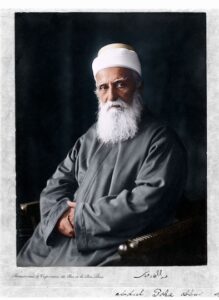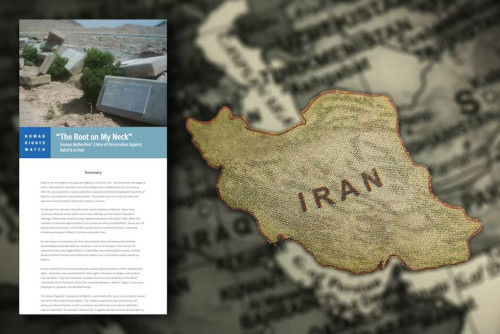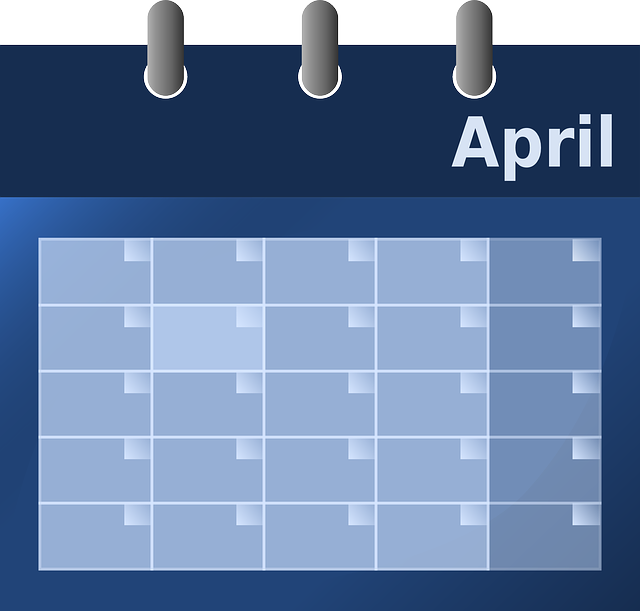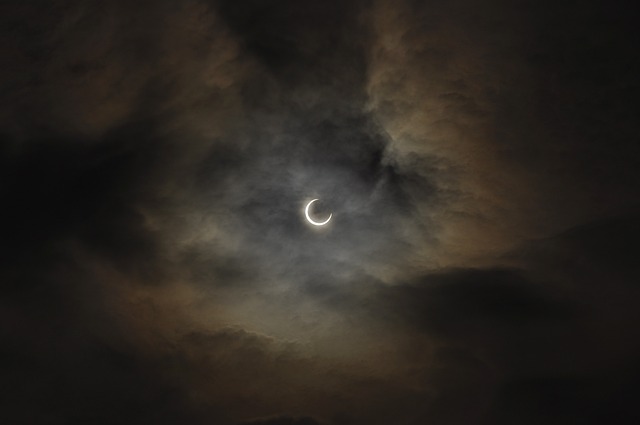 Άbdu’l-Bahá at the “Salvation Army” shelter
Άbdu’l-Bahá at the “Salvation Army” shelter
London, England, Christmas Night, 1912. by Isabel Fraser
On Christmas night ‘Άbdu’l-Bahá visited the poor of the Salvation Army Shelter, Westminster, where each year a Christmas dinner is provided for those who have no homes and no friends, and but for the shelter would have no lodgings. There were about 1,000 present on this occasion. It was a most impressive scene-the dinner for the homeless and the Master from the East delivering Christ’s message to the poor. As a true test of attention, many of the hungry men forgot to eat and listened intently.
With that wonderful tact Άbdu’l-Bahá displays on all occasions, his message to the homeless was simple, direct and short. He said: “I feel tonight great joy and happiness to be in this place, because my meetings and callings have ever been mostly with the poor, and I call myself one of them. My lot has ever been with those who have not the goods of this world. When we look at the poor of humanity, we behold a world of brothers. All are the sheep of God; God is the real shepherd. The poor have ever been the cause of the freedom of the world of humanity; the poor have ever been the cause of the up-building of the country; the poor have ever laboured for the world’s production; the morals of the poor have ever been above those of the rich; the poor are ever nearer to the threshold of God; the humanitarianism of the poor has ever been more acceptable at the threshold of God.
“Consider his Holiness Christ: He appeared in the world as one of the poor. He was born of a lowly family; all the apostles of Christ were of humble birth and His followers were of the very poorest of the community. This is what Christ states in the Gospels. ‘It is easier for a camel to go through the eye of a needle than for a rich man to enter into the Kingdom of God.’ This testimony of Christ of the exaltation of the poor ones in the sight of God is sufficient. It is easy for the poor, very easy for them to enter into the Kingdom of God. In another place Christ speaks of the charity of the poor ones of the world as praiseworthy. The poor ones have capacity. They were favoured at the threshold of God. If wealth were a necessity, Christ would have wished it for himself: He lived a simple life, and one of the titles of Bahá’u’lláh was ‘the poor one’. In Persian His title was ‘darvish’ and that means one who has not a slave.
“All the prophets of God were poor, His Holiness Moses was a mere shepherd. This will show you that in the estimation of God, poverty is greater than the accumulation of wealth-that the poor are more acceptable than the lazy rich. A rich man who spends his wealth for the poor is praiseworthy. Consider that the poor are not born in a state of solvency; they are not tyrannous. All the tyranny and injustice in this world comes from accumulation. The poor have ever been humble and lowly; their hearts are tender. The rich are not so.
“Sorrow not, grieve not. Be not unhappy because you are not wealthy. You are the brothers of Jesus Christ. Christ was poor; Bahá’u’lláh was poor. For forty years he was imprisoned in poverty. The great ones of the world have come from a lowly station. Be ever happy; be not sad! Trust in God and if in this world you undergo dire vicissitudes I hope that in the Kingdom of God you will have the utmost happiness!”
At the close of his talk, Άbdu’l-Bahá made a practical demonstration of his tactful love for the poor. In generous conformity with Bahá’u’lláh’s teachings that “our words should not exceed our deeds,” he left twenty golden sovereigns and many handfuls of silver with Colonel Spencer of the Army, so that the poor might enjoy a similar dinner New Year’s night. Colonel Spencer told the men that they were to have this New Year’s dinner in Άbdu’l-Bahá’s honour. The Master was just leaving the hall when this announcement was made. With one accord the men jumped up and waving their knives and forks gave a rousing farewell cheer.
Before leaving Άbdu’l-Bahá was shown all over the shelter and at the outer door he said to the attendant officer in charge, “May God prosper you. May you all be under the protection of the Almighty!” (Star of the West, Star of the West – 2)




